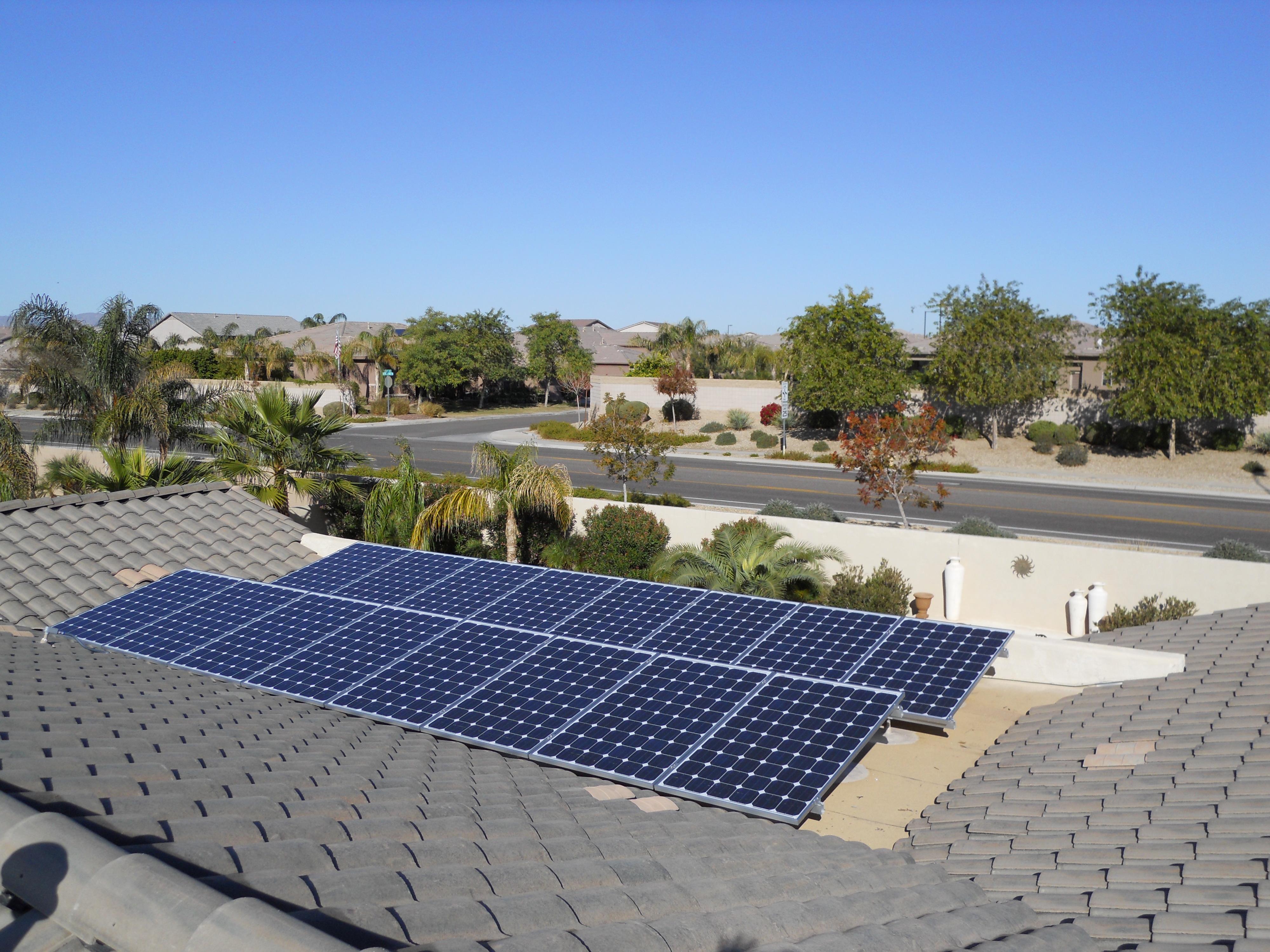Green Energy Made in America
10/13/2012 Leave a comment
A columnist disagrees with President Obama’s decision to add duties to imported Chinese solar panels, claiming that it is “to create an empire of subsidized domestic “green” companies, dub them a “strategic” industry, and ladle out taxpayer dollars and regulatory favors in return for campaign donations.” ‘The Dumbest Trade War…’ by H Jenkins Oct 12, 2012 WSJ
Response:
The safety of the American people is the primary responsibility of the US government. The 2010 US Quadrennial Military Review says that US dependence on oil is a serious vulnerability, and not just foreign oil, but all oil. Because the U.S. has only 3% of the world’s reserves of oil and since the U.S. military is the world’s largest single buyer of oil, our foreign policy is subject to pressure from the regimes that sell us $350 billion worth of oil every year. The big reserves of oil are in Russia, Saudi Arabia, China, Iran, United Arab Emirates, Venezuela and more; with every ten cent hike in the price of fuel, those countries get richer. To depend on oil from American territory is not a solution because what we are getting now is increasingly expensive to extract, from under the Arctic Ocean, squeezed out of sand or forced from cracks in rock.
Clean energy is indeed a strategic industry.
Making electricity from solar and wind is now no more expensive in many places than making it by burning coal or natural gas, and it is getting cheaper. The cost of installing solar energy, according to Bloomberg’s first quarter Clean Energy Market Briefing was $7 per watt in 2007, $3 in 2010 and is now less than $1 per watt. Subsidies have helped these industries scale up, but once they are mass-producing the prices drop, and profits increase. In Spain, even after subsidies for clean energy were dropped, the industries continued to operate with 5 to 15% profit.
Using green electricity to replace oil will be increasingly attractive as the price of electric batteries drops. A McKinsey study released in July estimates that mass production and new technology are lowering the cost of batteries and could make the cost of buying and operating an electric vehicles the same as a vehicle running on gasoline within 6 years. China is promoting swappable batteries, particularly with fleet vehicles as a way to deal with slow charging time, although 20 minute charging is now common.
Almost every car company is now producing electric or hybrid models. They will provide real competition with oil. Most Americans have stopped believing the corporate hype that oil, coal and natural gas are our only options. Solar, wind and other green technology attracted $260 billion of investors’ funds worldwide in 2011.
Solar panel manufacturers in China used large government loans, by one estimate $18 billion, to buy up domestic and foreign panel manufacturers, drop prices to gain market dominance and plan to set prices higher according to a report in the New York Times.
The U.S. Commerce Department has responded by imposing 24 to 35% tariffs on solar panels from China.
A better option would be to increase tax credits for purchases of American made solar panels, and help local industries scale up to mass produce, export, and profit from increasing international demand for energy.
